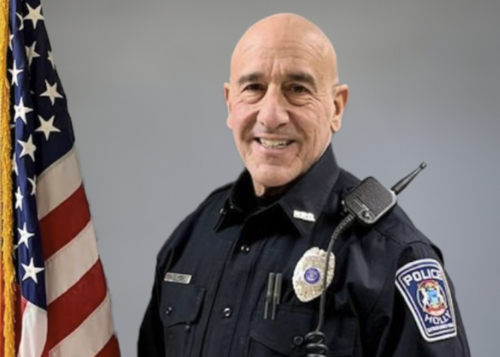Real events don't always fit neatly into a familiar narrative, an off-the-shelf frame, a reflexive reaction. Sometimes they're not black and white.

Monique Morris writes Thursday that the porch shooting case involves "the endemic criminalization of Black youth in America."
Last November's fateful Dearborn Heights encounter between Theodore Wafer and Renisha McBride is a prime example, as Brian Dickerson noted in a Free Press column on the eve of Wafer's conviction in her death:
Yes, McBride was a black teenager from Detroit. And yes, Wafer is a middle-aged white man . . . But . . . there simply is no evidence whatsoever that either McBride’s bizarre behavior that morning or Wafer’s explosive reaction to it was a function of their racial difference.
That reality doesn't keep a California "social justice scholar," as Monique W. Morris describes herself, from citing McBride on Thursday afternoon as an example of "the endemic criminalization of Black youth in America."
In an Ebony magazine commentary headlined "Justice for Renisha: Wafer Guilty, But Is That Enough?," Morris writes that "important questions elevated by this case" include "why Wafer might have immediately suspected that McBride was a threat to his personal safety."
Morris, a lecturer at St. Mary's College of California near San Francisco, adds:
While I am heartened by the guilty verdict, . . . I’m hoping for something a bit more substantive.
What is indisputable is that the death of Renisha McBride, and the trial for the man who killed her, is our latest opportunity to reconsider laws (e.g., Stand Your Ground) that reinforce the endemic criminalization of Black youth in America.
While our rhetoric overwhelmingly centers on males in these discussions about Stand Your Ground-type of laws, Renisha McBride’s killing has highlighted the fact that actions associated with what Harvard Law Professor Charles Ogletree calls the “presumption of guilt” — a belief that someone is inherently guilty, largely as a function of race — are conditions that also affect Black females.
That is because the conditions under which Black “justifiable” homicides occur are informed by race.
Yes, but . . .
No such linkage exists in the Dearborn Heights case, as Detroit correspondent Steve Friess notes in his Al Jazeera America dispatch:
Neither side said they viewed race as a motive for the shooting.
Dickerson hammers that point in Wednesday's column:
The evidence overwhelmingly suggests the young woman saw only a house, and that the middle-aged man asleep inside likely heard only a noise, followed by a shadow too fleeting to register its gender or race.
If that is the basis for a racial Rorschach test, it’s a phony one contrived after the fact.
He's not writing directly about Monique Morris, whose essay was posted a day after his, but the point fits. She insists in Ebony that McBride's shotgun death is "reflective of a culture that has become all to comfortable with presuming that Black youth are 'guilty' (of what, no one is clear) and with casting Black youth as menacing."
In Wayne County Circuit Court, though, jurors didn't consider racial presumptions in the American culture. They weighed facts that show race was irrelevant around 4:30 a.m. last Nov. 2 on Ted Wafer's front porch.
<div style="float: left; display: inline; padding: 0px; padding-right: 0px; width: 720px”>




 by
by







